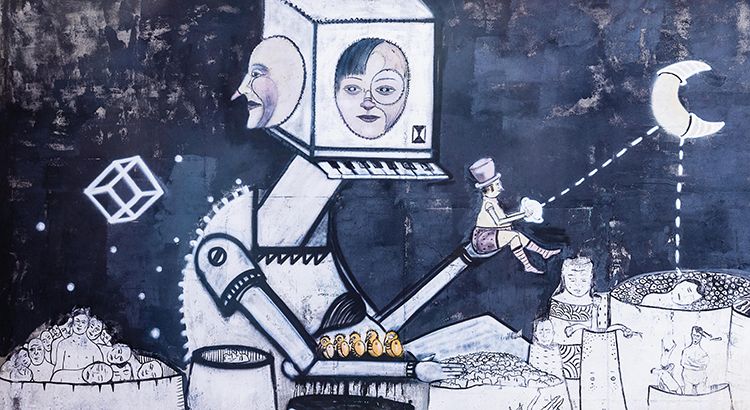Author: Linda Schlegel
Linda Schlegel ist wissenschaftliche Mitarbeiterin am PRIF und Research Fellow bei modus Zentrum für angewandte Deradikalisierungsforschung. Sie forscht zu Gaming und Extremismus(-prävention), Radikalisierungsprozessen im digitalen Raum und Narrativkampagnen gegen Extremismus. // Linda Schlegel is a Research Fellow at PRIF and modus Centre for Applied Research on Deradicalisation. Her research focuses on gaming and (counter-) extremism, online radicalization, and narrative campaigns against extremism. | Twitter: @LiSchlegel
Digitale Gaming-Räume und insbesondere Gaming- und Gaming-nahe Plattformen werden inzwischen...
Pixel, Politik, Polemik – Digitale Gaming-Welten als politische und gesellschaftliche Diskursräume
Videospiele sind ein wachsender Wirtschaftszweig und eine beliebte Freizeitbeschäftigung. Gaming-...
As You Like It: User Types in Digital Gamified Radicalization Processes
Since the Christchurch attack in 2019, it is explored how games, gaming spaces, gamification, and...
Telling tales against the dark arts: How fictional storytelling could support narrative campaigns against extremism
While Harry Potter and his friends could use their magic abilities to defend the world against...
Let’s play prevention: Can P/CVE turn the tables on extremists’ use of gamification?
In the wake of the attacks in Christchurch, El Paso and Halle, the so-called ‘gamification of...
Missing an epic story: Why we are struggling to counter extremists’ utopian narratives
Contrary to popular opinion, extremist communication is not simply based on hatred and calls for...





